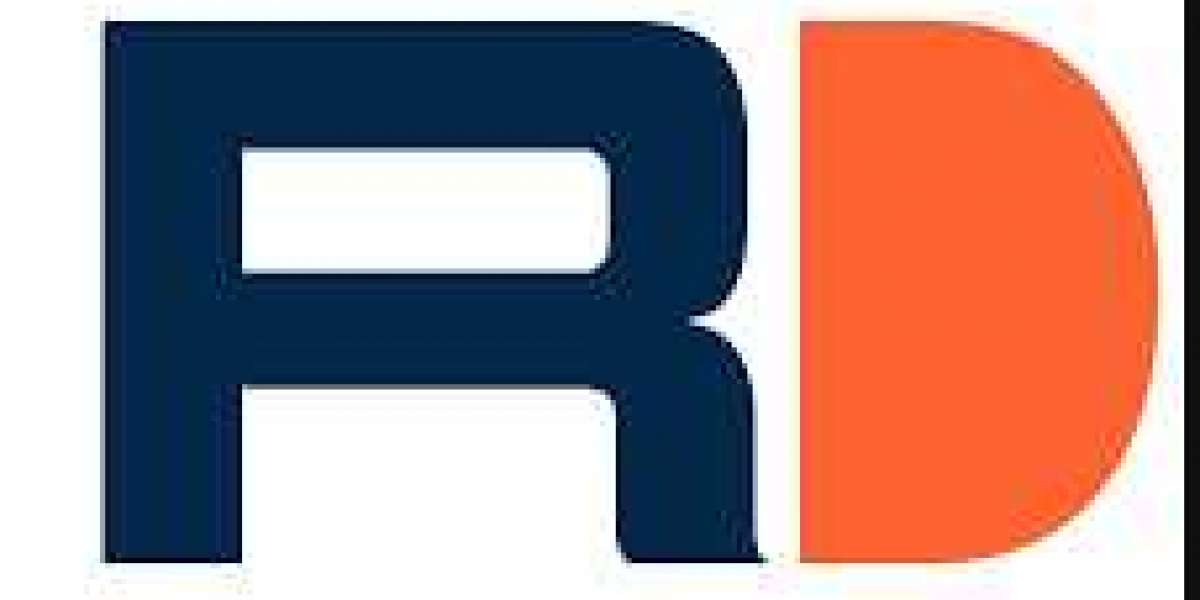In Florida, condominium living offers a vibrant lifestyle with access to stunning beaches, diverse communities, and numerous amenities. However, with the benefits of condo living come responsibilities, particularly for condominium associations tasked with maintaining and managing shared property. One of the critical components of effective property management is conducting a reserve study, a requirement under Florida law aimed at ensuring the long-term financial health and structural integrity of condominium buildings.
This article explores the intricacies of Florida condo reserve study requirements, their significance, and how they impact condominium associations and owners.
What is a Reserve Study?
A reserve study is a detailed assessment conducted by a professional to estimate the future financial requirements for maintaining and replacing major common elements of a condominium. These elements can include roofs, elevators, HVAC systems, swimming pools, and other components with a limited useful life.
The study typically includes:
- Physical Analysis: An evaluation of the current condition of the property's components, their remaining useful life, and estimated repair or replacement costs.
- Financial Analysis: A review of the association's reserve funds and a recommendation for future funding plans to ensure that sufficient resources are available when needed.
Why Are Reserve Studies Important?
Reserve studies are essential for several reasons:
- Financial Planning: They provide a roadmap for condominium associations to plan for future expenses, helping avoid large special assessments that can be a financial burden on unit owners.
- Preserving Property Value: Proper maintenance and timely replacement of common elements ensure the property's value remains intact or increases over time.
- Legal Compliance: Florida law requires associations to maintain adequate reserves, and a reserve study is a tool to ensure compliance.
- Reducing Risk: By anticipating future needs, associations can mitigate risks associated with unforeseen repairs or replacements.
Florida's Legal Requirements for Reserve Studies
Florida law mandates that condominium associations maintain reserves for specific capital expenditures and deferred maintenance projects. The law requires associations to:
- Conduct Regular Reserve Studies: While the law does not specify how often reserve studies must be conducted, industry standards suggest updating the study every three to five years or when significant changes occur.
- Maintain Separate Reserve Accounts: Associations must keep reserve funds in separate accounts dedicated to specific categories of repairs and replacements, such as roofs, pavement, and structural elements.
- Provide Annual Budget Disclosures: Associations must include in their annual budget a disclosure of the reserve funding plan, detailing the estimated cost, useful life, and remaining life of each component.
- Allow Member Voting on Reserves: Condominium owners can vote to waive or reduce reserve contributions, but this requires a majority vote of the association members.
The Process of Conducting a Reserve Study
Conducting a reserve study involves several steps, typically carried out by a professional reserve study specialist or engineer:
- Initial Consultation
The process begins with an initial consultation between the reserve study professional and the condominium board to understand the property, its components, and the association's financial situation.
- Physical Assessment
The specialist conducts a thorough inspection of the property's common elements, assessing their current condition, useful life, and estimating the costs of repair or replacement. This assessment includes both visual inspections and technical evaluations, such as engineering reports or contractor estimates.
- Financial Analysis
The financial analysis involves reviewing the association's existing reserve funds and creating a funding plan. This plan estimates the annual contributions required to meet future expenses without resorting to special assessments or loans.
- Reporting
The final report includes a comprehensive overview of the physical and financial analyses, providing the board with actionable insights and recommendations. The report typically includes:
- A detailed inventory of common elements
- Current and projected reserve fund balances
- Recommended annual reserve contributions
- A funding plan for the next 20 to 30 years
Challenges and Considerations
While reserve studies are invaluable tools for financial planning, they also present challenges and considerations for condominium associations:
- Cost of Studies
Reserve studies can be expensive, especially for large or complex properties. Associations must budget for the study itself and for the recommended reserve contributions.
- Member Education
Educating association members about the importance of reserve studies and the necessity of maintaining adequate reserves is crucial. Misunderstandings or resistance can lead to voting to waive reserves, which may have long-term negative consequences.
- Balancing Current and Future Needs
Associations must balance the need to fund reserves adequately while keeping fees affordable for current residents. This often requires careful planning and communication with unit owners.
- Evolving Regulations
Condominium associations must stay informed about changes in state regulations that may impact reserve requirements or reporting obligations.
The Impact on Condo Owners
For condo owners, understanding reserve study requirements and their implications is vital. Properly funded reserves protect owners from unexpected expenses and maintain the property's value. However, owners must also be aware of their role in approving budgets and funding plans, as their decisions directly impact the association's financial health.
Benefits for Owners
- Financial Security: Adequately funded reserves provide a financial safety net for necessary repairs and replacements.
- Property Value Maintenance: Regular maintenance and timely replacements ensure the property remains attractive to potential buyers, preserving or enhancing its value.
Responsibilities of Owners
- Active Participation: Owners should participate in annual meetings, review budget disclosures, and vote on reserve funding decisions.
- Informed Decision-Making: Owners should educate themselves about the importance of reserves and the consequences of waiving contributions.
Conclusion
Florida's condo reserve study requirements play a crucial role in maintaining the financial health and structural integrity of condominium properties. By conducting regular reserve studies and adhering to funding plans, associations can ensure that they are prepared for future maintenance and replacement needs, protecting both the property and its owners.
For condominium associations, the key to successful reserve planning lies in proactive management, clear communication with unit owners, and compliance with state regulations. By embracing these practices, Florida's condominiums can continue to offer a safe, desirable, and financially sound living environment for their residents.











